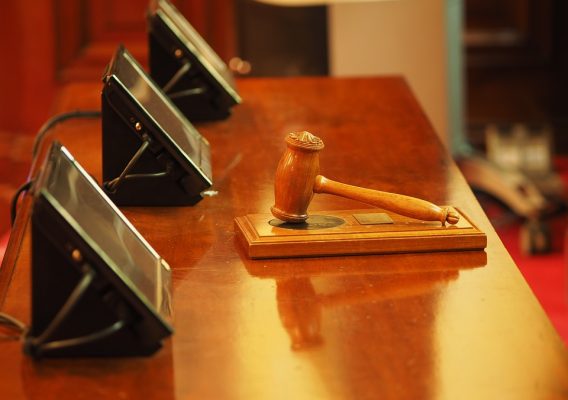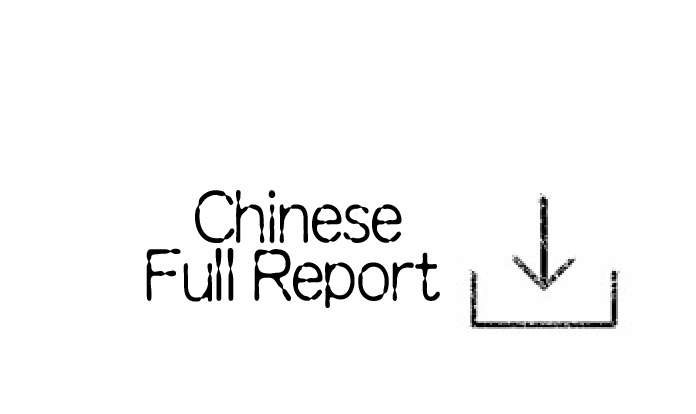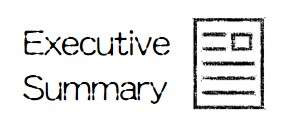Young People’s Views on the Roles and Functions of the Legislative Council
Youth I.D.E.A.S. 11
Governance and Constitutional Development
Young People’s Views on the Roles and Functions of the Legislative Council
29 May, 2016

Since the establishment of the Hong Kong Special Administrative Region (hereafter called “HKSAR”) in 1997, the Basic Law of the Hong Kong Special Administrative Region of the People’s Republic of China (hereafter called “Basic Law”) has come into force. As stipulated by the Basic Law, the Legislative Council (Legco) is the legislature of the HKSAR, and its main functions are to enact, amend and repeal laws; to examine and approve budgets, taxation and public expenditure; to raise questions about the work of the government; to debate any issues concerning public interest; and so forth[1].
On par with the social progress and political development of the HKSAR, there have been major changes in the formation of the Legco. The Legco now has 70 members, with 35 members returned by geographic constituencies through direct elections and 35 by functional constituencies[2].
The advancement of information technology has helped to raise public awareness of and concern about the Legco’s affairs. Recently, different public views were witnessed on the roles and functions of the Legco in response to the phenomena of frequent filibustering, radical behaviour and a chaotic voting procedure. The relationship between the government and the Legco has caught the spotlight of Hong Kong society, as well. This has brought considerable challenges to the governance of the HKSAR.
The Legco is a pivotal component of the HKSAR’s political structure and carries with it a specific mandate. What are the views of young people on the roles and functions of the Legco, as well as on its current phenomena? How do they think about their connection with the Legco?
This study aims to investigate young people’s perceptions of the roles and functions of the Legco. Recommendations will be put forward in an attempt to improve the status quo. In conducting this research, data was collected for analysis through a random sampling telephone survey, face-to-face case studies of young people and interviews with scholars and experts.
Discussion
- The respondents reported that they uphold the roles of the Legco. They have expectations of the Legco, especially of its job in monitoring the workings of the government. In the eyes of young people, however, the Legco’s performance is far from satisfactory. There is a gap between youth expectations and reality.
- Tensions exist between the government and the Legco, and these tensions have intensified in recent years, obscuring the development and improvement of policy. Prolonged frictions hinder the overall governance and development of society.
- The respondents emphasized the importance of the Legco having a more rational image, including the ability of its members to engage in high-quality debates and policy discussions. The respondents reported that they tend to be intolerant towards the filibustering and radical behaviour that occur in the chamber. The question of how the Legco might return to engaging in more rational discussions is worthy of concern.
- Information from the media cannot comprehensively evaluate the performance of the Legco. Young people have limited interaction with the Legco. There is a need to strengthen the connections between the youth and the Legco and to increase young people’s confidence in the Legco.
Recommendation
- Re-establishing a parliamentary culture that encourages rational discussion.
- Re-building a relationship of trust between the government and the Legco.
- Strengthening the connection between the public and the Legco.
[1] Basic Law Article 73.
[2] The Legislative Council website. http://www.legco.gov.hk/general/english/intro/about_lc.htm




